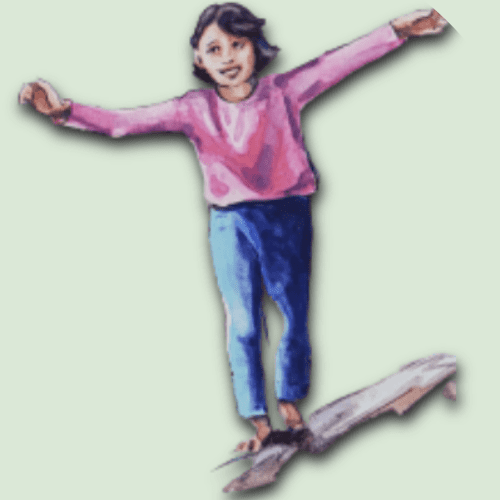In considering the healthy development of a child one must think not only of the physical attributes a child brings as inherited factors but as they grow and develop, they are greatly influenced by their surroundings. Living in a stable household and community they thrive on stability, adequate food and shelter, and the care and guidance of adults and others in their world.
But if they are confronted with experiencing and coping with war and violence those positive elements frequently disappear leaving a void – a need to adapt to new circumstances to survive. For refugee children there are some four major challenges they confront as they struggle through the refugee experience.
1. Pre-migration:
Pre-migration encompasses the activities that occur in the community before leaving their home. Those events might be violence in the community, people disappearing, murders, unheeded warnings to discontinue activities resulting in house bombings, beheadings, beatings.
2. Trans-migration:
Trans-migration includes the activities that occur in the process of fleeing from home to some place of safety. That might be such things as the fear of drowning while crossing bodies of water, family members dying enroute, militias of opposing groups arresting/detaining/killing, lack of food/water while fleeing, hostility of local people enroute, night travel, physical and psychological needs of children unmet.
3. Post-migration:
Post-migration defines the activities that occur after flight that hopefully will provide safety. That might be a refugee camp (with its lack of privacy, possibly minimal food, water, sanitation), not wanting to register at camp fearing a person from a rival group will find out where they are and do them harm, kidnapping – young girls are particularly vulnerable, few, if any schools. Urban residence often is costly, frequently unhealthy, and lack UN assistance.
4. Immigration:
When refugees move to a host country, they become immigrants. It frequently is not easy to be an immigrant. In addition to learning a new language, difficulties frequently include finding adequate housing, learning where and how to acquire needed items, learning a different culture and cultural norms, finding schools, finding places for worship or other people with similar backgrounds. The climate is frequently different, different smells, sounds. Frequently refugee families/now immigrants become minorities in their new locations – and minorities are not looked on with friendliness in some communities
Whereas these events are dangerous, frightening, and potentially traumatic for children – they have happened and are experiences – not a disease. With help resulting memories, which have been imprinted in a child’s life, can be mitigated, can be put aside with new experiences – and positive memories to grow on and to cherish.
